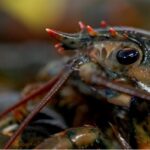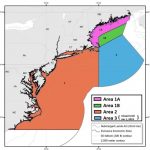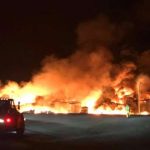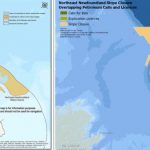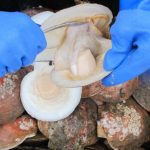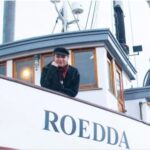Tag Archives: Namgis First Nation
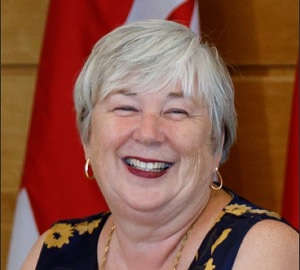
8 more wild salmon restoration projects to receive funding in B.C.
Fisheries Minister Bernadette Jordan addressed the Greater Vancouver Board of Trade on Tuesday, saying climate change and increasing demand for seafood products has put unprecedented pressure on Pacific wild salmon. The latest projects will receive about $10.5 million from the joint federal and provincial fund established in 2018 to help the recovery of stocks in steep decline.,,, “Speaking to British Columbians, I want to assure you that our government is moving ahead with the transition from open-net pens,” she said, adding Ottawa will develop a comprehensive process to ensure all voices are heard in the decision-making process. >click to read< 10:24
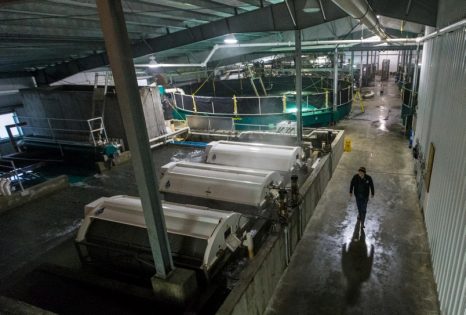
Island Voices: ‘Namgis First Nation – Why land-based fish farms work
We’ve seen the impact of sea lice, farm waste, lights and nets on salmon fry, clam beds, birds, sea mammals and other marine life.,,,the technology does exist today to grow large numbers of fish on land. It didn’t exist 30 years ago, and it took Kuterra, and a handful of other pilots around the world, to show the way to full-scale operations. Now, we have a very large farm being built in Florida, and when all its modules are finished, it will grow 90,000 tonnes of fish a year on a 33-hectare site. That’s almost as much fish as all of B.C. grows right now, on a piece of land much smaller than one square kilometre. >click to read<19:35
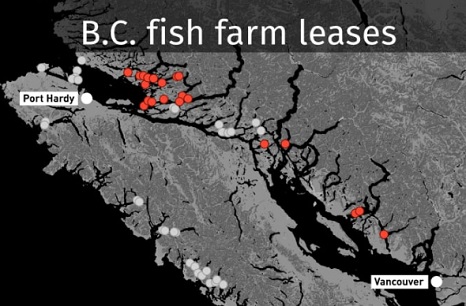
It’s wild salmon health vs. money and jobs as B.C.’s fish farm fight comes to a head
For some, salmon farms are a blight on the landscape. Not for the way they look, but because of the threat they believe these large aquaculture operations pose to wild salmon. “We’re pretty confident this place will have to be dismantled,” says Ernest Alfred, pointing at the farm from the boat. “And I’ll be here to watch it.” The government is currently reviewing the leases of 20 fish farms that expire on June 20. Alfred and other opponents are upping the pressure on the NDP leadership in hopes they will commit to ending fish farming in the ocean. But supporters of the farms say that would be a huge blow to an industry worth billions of dollars to the province. >click to read<12:01
Meanwhile, in Scotland, A bid by the Scottish Government to resolve fierce arguments over how fish farms harm wild salmon has been dismissed as a public relations stunt by campaigners. The population of wild salmon in Scotland has fallen by 50 per cent from around 1.25 million in the 1960s to 600,000 in 2016. Angling groups point out that most of the decline is on the west coast, close to where salmon farms are located. >click to read<
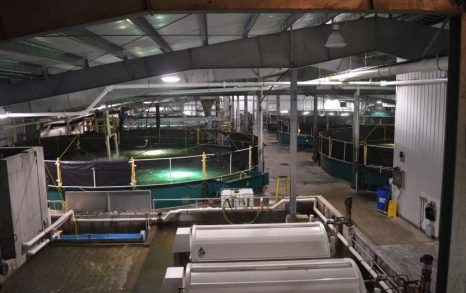
This Canadian First Nations group wants you to buy salmon raised on land
Alert Bay isn’t exactly a premier destination on British Columbia’s rugged Pacific Coast. On this winter day, there are more crows than people on the town’s wooden sidewalks, and most of the few small businesses near the waterfront are closed for the season. The biggest building is an abandoned salmon cannery, a reminder of what used to be here. It’s a past that Bill Cranmer remembers well.,, For centuries, he says, salmon sustained the Namgis’ lives and culture.,, Cranmer says if he and his Namgis First Nation people had their way, they’d get rid of open-water salmon farms. But they can’t, so they’re trying another idea for rebuilding a salmon economy for their community. They’ve built their own salmon farm — on land. >click to read<15:26
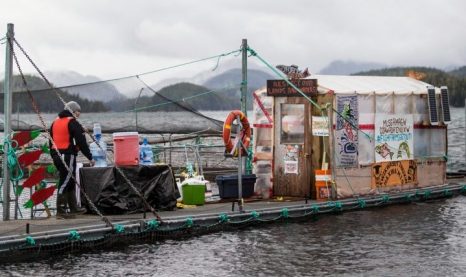
B.C. fish farms: a tangled net
Industrial fish farming began in British Columbia with a few small experiments in the 1970s. By the 1990s, it was operating like a well-oiled machine: Smaller farms had been swallowed by large conglomerates, and imported Atlantic salmon had become the preferred breed — the Herefords of aquaculture.,,, So, are fish farms bad? Federal research scientist Kristi Miller says she understands the frustration of not having a definitive answer. click here to read the story 09:43
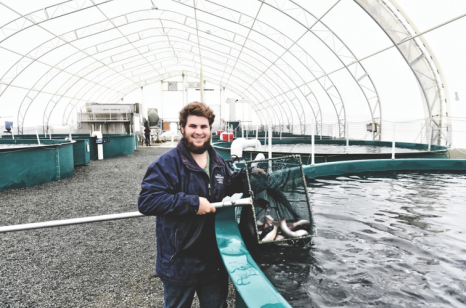
Land Based vs Open Pen Aquaculture – Fish out of ocean water dampen aquaculture enterprise
Some day, it might be possible to raise salmon in land-based closed containment ponds and make a profit. But that day is still a long way off, and even when it does become economically viable, land-based aquaculture might be like organic farming: an option for consumers willing to pay a premium, but which can’t replace ocean-based salmon farming. That’s not just the conclusion reached by the BC Salmon Farmers Association (BCSFA), it’s also the opinion of a Nanaimo businessman who owns a land-based fish farm. click here to read the story 12:39
Land-based salmon farm on Vancouver Island nears economic viability
 North America’s only land-based Atlantic salmon farm battled through technical and equipment issues in 2015, but the operators are edging close to covering production and overhead costs. The Kuterra land-raised Atlantic salmon farm — a commercial pilot project located near Port McNeill on Vancouver Island — has been forced to replace several substandard pumps, install additional oxygenation and carbon dioxide stripping capacity and repair a malfunctioning feeding system that over-fed the fish by up to 75 kilograms a day. Read the article here 09:01
North America’s only land-based Atlantic salmon farm battled through technical and equipment issues in 2015, but the operators are edging close to covering production and overhead costs. The Kuterra land-raised Atlantic salmon farm — a commercial pilot project located near Port McNeill on Vancouver Island — has been forced to replace several substandard pumps, install additional oxygenation and carbon dioxide stripping capacity and repair a malfunctioning feeding system that over-fed the fish by up to 75 kilograms a day. Read the article here 09:01

































